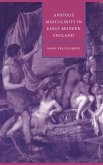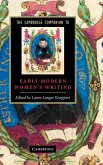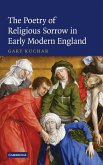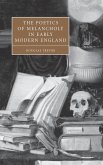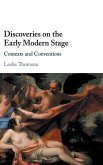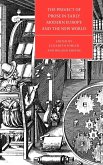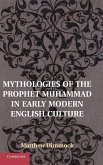This book offers new readings of several prominent early modern texts, examining the connection between melancholia, narcissism, sexual difference, and literary form in works by Tasso, Marvell, Shakespeare, and Webster. Reading each work in light of contemporary psychoanalytic theory, the book demonstrates that the figural language of melancholia fractures and dislocates masculine identity in the very movement that gives it shape. By carefully reading the linguistic, poetic, and rhetorical problems that characterize early modern representations of "male" melancholia, the book helps specify precisely what difference the intersection between psychoanalysis and semiotics makes for understanding the elusive relationship between historically variable representations of identity, aesthetic activity, and sexuality. It studies various disruptive encounters with a mirror image in epic, lyric, and drama, analyzing each text's representation of what counts as a "male" self according to the formal and rhetorical problems raised by its own language. It does so in order to interrogate anew the complex, and not always intuitive, relationship between subjectivity, eros, and literary form.
Hinweis: Dieser Artikel kann nur an eine deutsche Lieferadresse ausgeliefert werden.
Hinweis: Dieser Artikel kann nur an eine deutsche Lieferadresse ausgeliefert werden.


